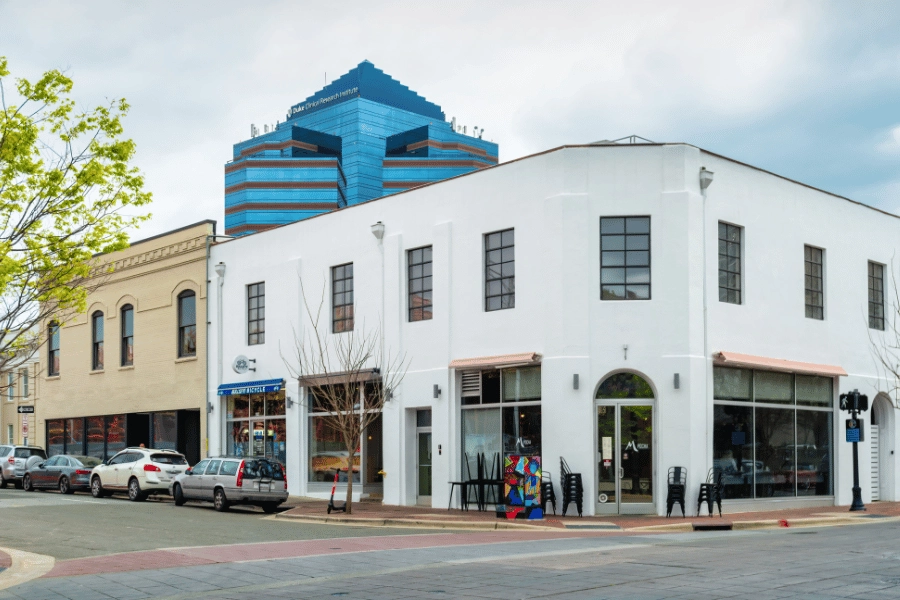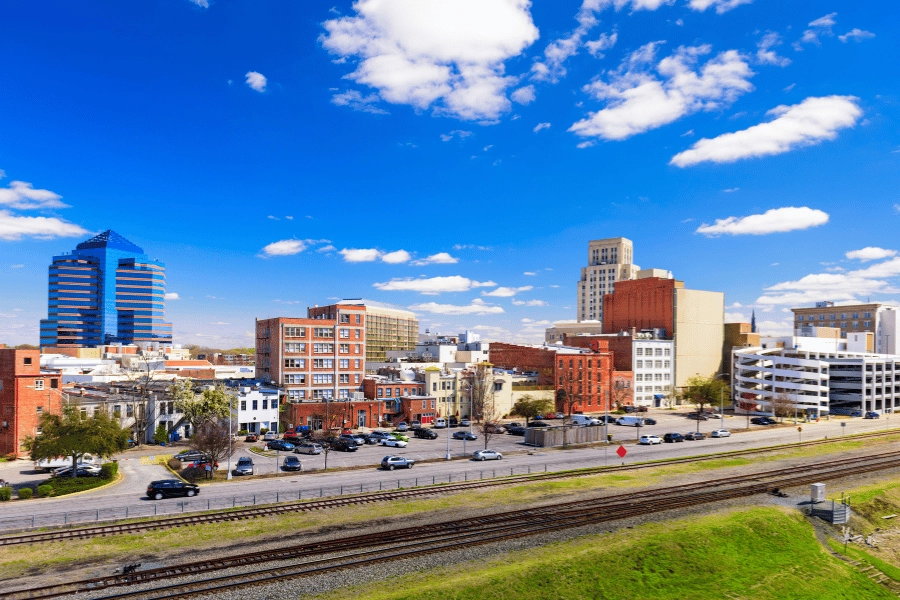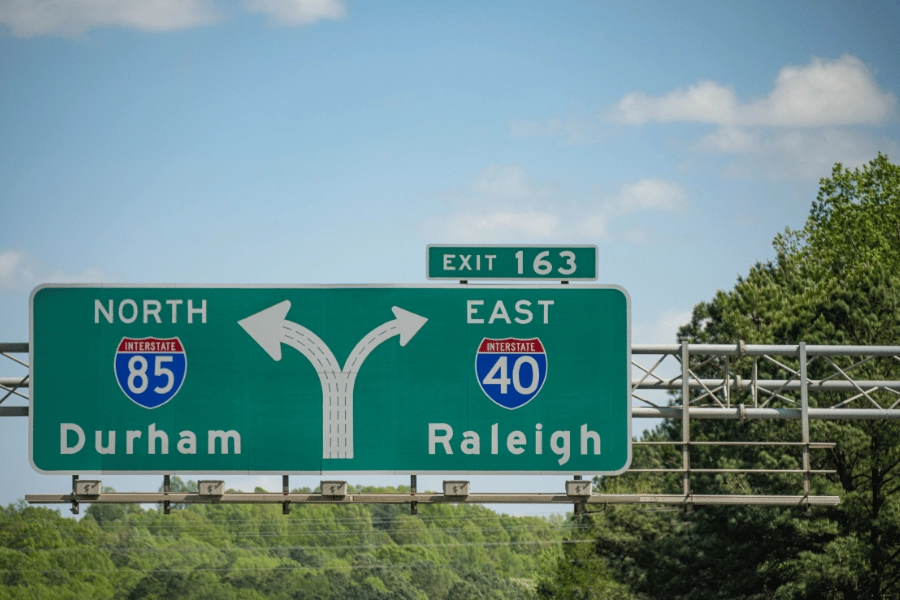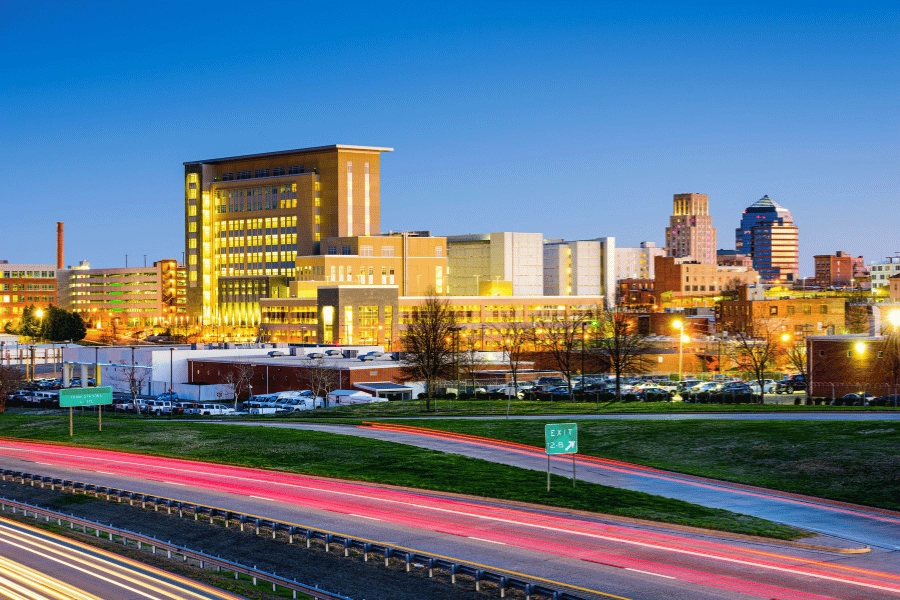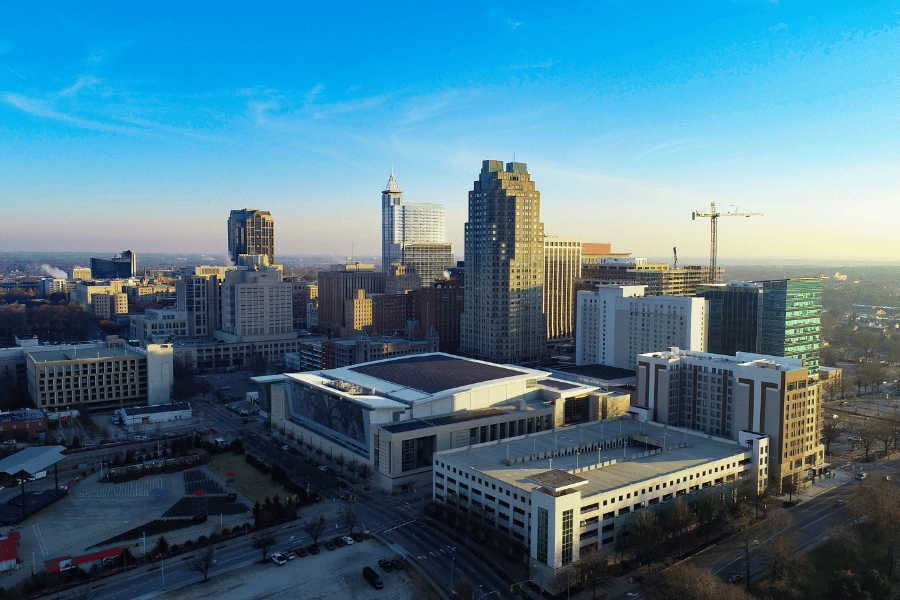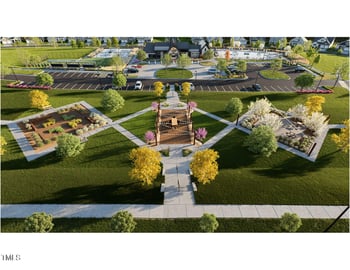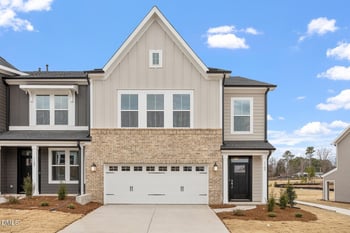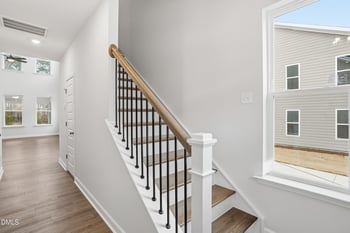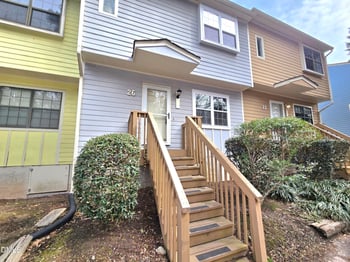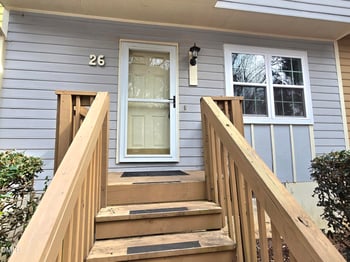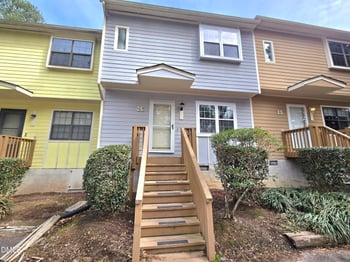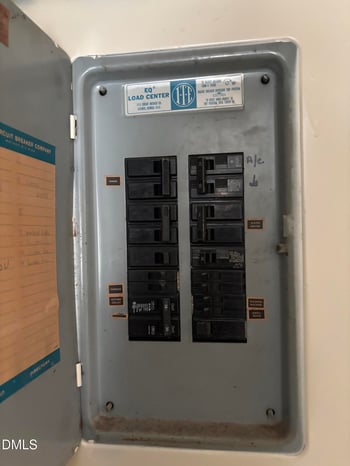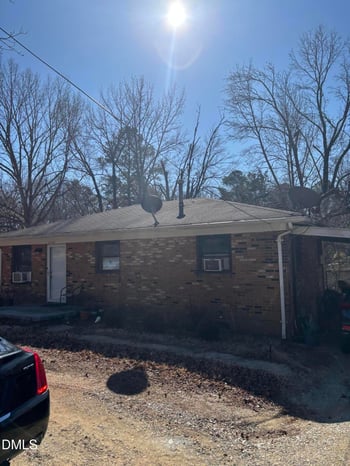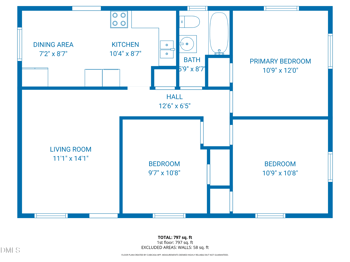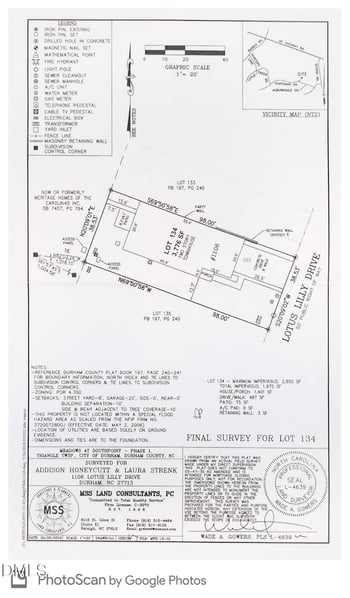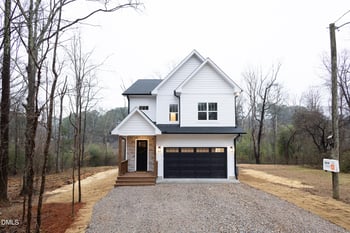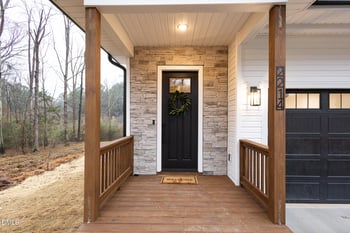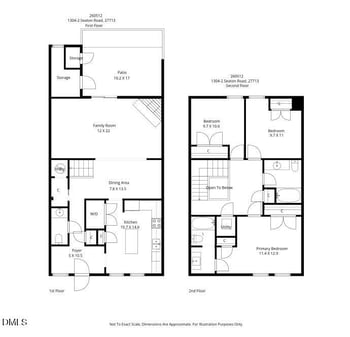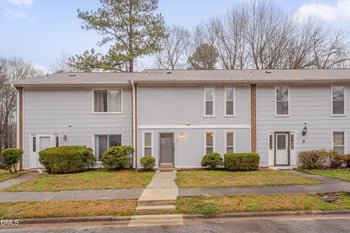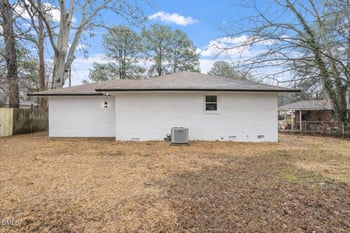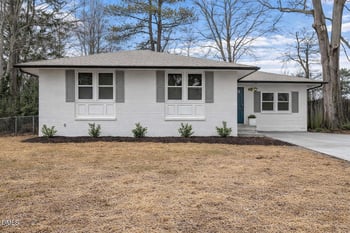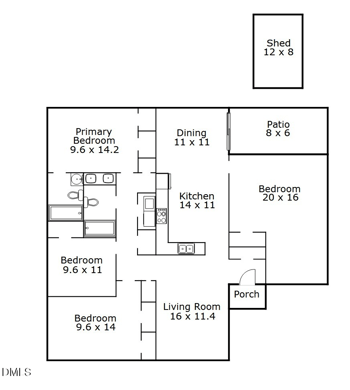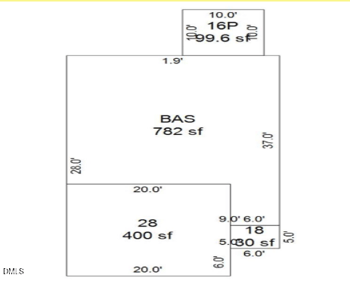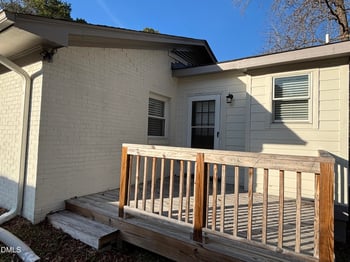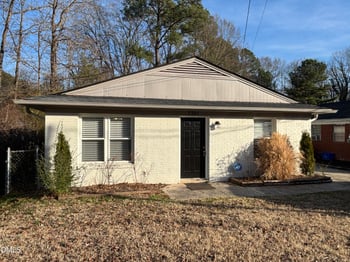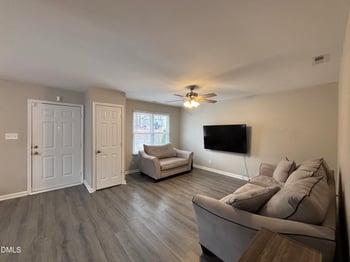What's the Cost of Living in Durham, NC?
How much does it cost to live in Durham, NC? If you are moving to Durham, let's explore the cost of living, the average household income, and typical expenses.
Durham, North Carolina, has emerged as one of the Triangle's most desirable places to live. It offers a unique blend of Southern charm, cutting-edge research institutions, and a vibrant cultural scene.
With a population of 296,186, Durham has grown to become the fourth-largest city in the state. Durham is the perfect place to move if you want to live in a city with great views, a thriving job market, an exceptional housing market, and world-class educational opportunities.
As part of the Research Triangle, Durham is a widely recognized technology hub best known for its thriving start-up scene. With strong ties to Duke University and other top-rated colleges in the area, Durham is very business-friendly and offers incentives for new companies.
Durham is considered one of the best places to live in North Carolina. It is perfect for college students, young professionals, and families. While it is a great place to call home, it is vital to understand its cost of living first.
Whether you're considering relocating for work at Duke University, one of the many tech companies, or are drawn to Durham's distinctive character, understanding the actual cost of living is essential for making an informed decision.
Here is what you need to know about what it costs to live in Durham, NC
1. Cost of living in Durham
The cost of living in Durham is 1% lower than the national average, meaning it is an affordable place to call home, especially when compared to other large cities. While housing prices are slightly higher than average, utilities and transportation expenses are 6% lower.
Compared to Raleigh's cost of living, Durham is slightly more expensive but still offers an attractive cost of living with urban amenities and reasonable expenses. Living in Durham is an excellent choice for professionals, families, and retirees seeking value without sacrificing quality of life.
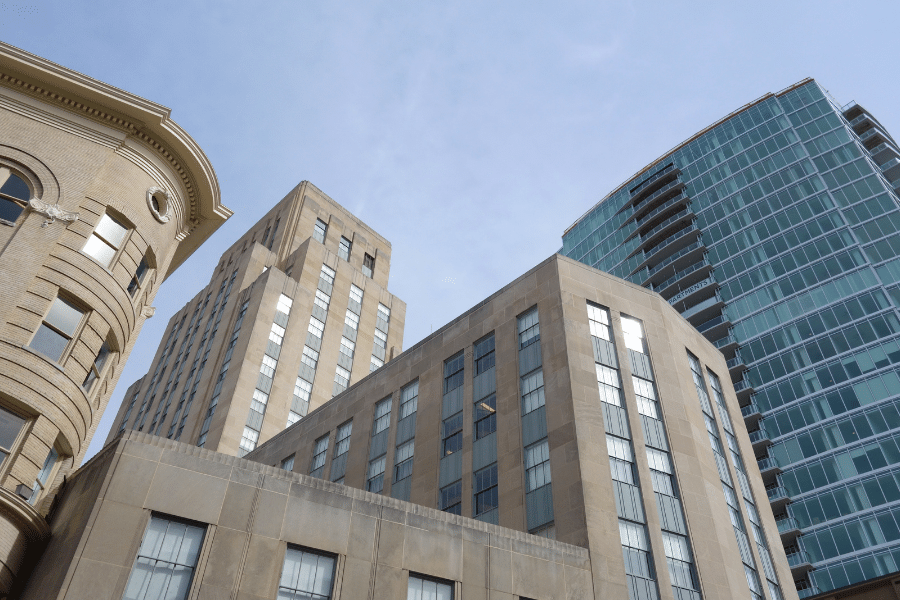
Here are some typical expenses and cost of living averages in Durham, NC:
| Cost of Living Item | Average Price |
| Median Rent | $1,589/month |
| Energy Bill | $194.33/month |
| Phone Bill | $183.17/month |
| Loaf of Bread | $4.03 |
| Gallon of Milk | $4.79 |
| Doctor's Visit | $150.96 |
| Dentist Visit | $123.22 |
| Veterinary Visit | $66.90 |
*Data was sourced from PayScale.
2. Income Levels in Durham
Durham residents enjoy strong earning potential, with a median household income of $79,501. This is slightly lower than the national average of $80,610, but Durham's diverse economic landscape, from university employees to tech professionals to healthcare workers, can lead to higher earning potential.
The robust job market, anchored by Duke University, Duke Health System, and Research Triangle Park's proximity, provides numerous opportunities for career growth and competitive compensation.
According to the U.S. Census Bureau, Durham's per capita income is $46,931, and its poverty rate is 10.6%.
3. Housing Costs
Durham's housing expenses are 2% higher than the national average, reflecting the area's desirability and growth. Monthly housing costs average $2,231 per month which are 4% higher than the U.S. average.
Durham's real estate market has demonstrated exceptional strength, with an average annual growth rate of 8.66%, placing Durham in the top 10% nationally for real estate appreciation.
Attracting new residents and investors, Durham remains a seller's market where demand exceeds supply. This means prices tend to be higher, and homes sell faster. Despite this competitive environment, Durham has a median list price of $587,537.
Key Housing Insights in Durham, NC:
- Properties typically go to pending status within five days, indicating a fast-moving market
- Despite being competitive, Durham offers better value than many comparable cities
- The housing market has shown resilience with steady, moderate growth
Housing represents the most significant portion of Durham residents' budgets. Home to many safe neighborhoods that are also affordable, there are many great places to live in Durham for more budget-conscious buyers.
Brightleaf at the Park neighborhood was recently built on the Raleigh-Durham line. This prime location offers a quick commute to Research Triangle Park, Downtown Durham, and Downtown Raleigh. The area offers multiple amenities, including a community pool and a clubhouse.
Another great neighborhood in Durham is Grandale. This neighborhood has begun to attract residents because of its walk-friendly community and proximity to Research Triangle Park and Southpoint Mall.
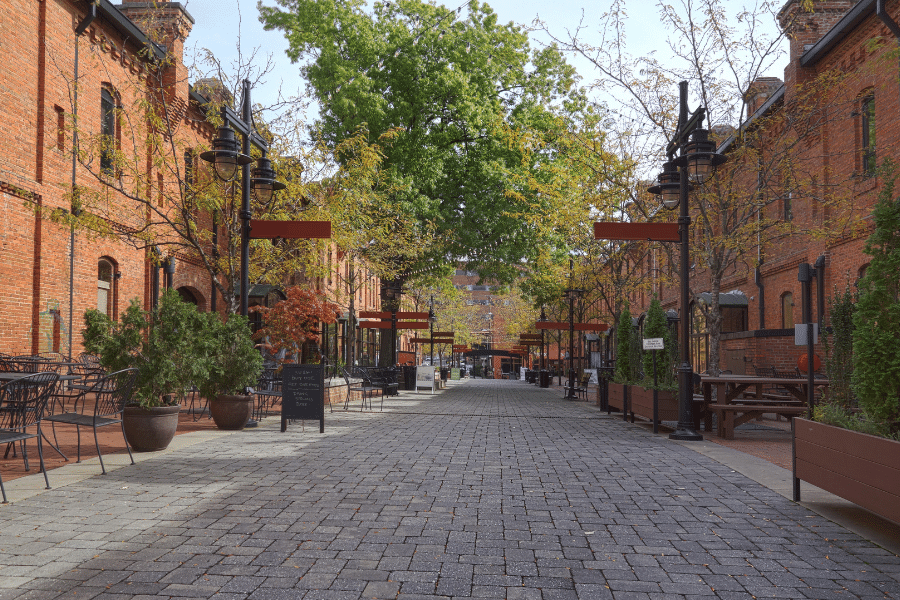
4. Utilities
Water, gas, electricity, and waste management are often forgotten when planning to move to a new city. Once you've decided on an area and found a home, it's essential to research and set up your utilities ahead of time to ensure a smooth and stress-free move-in.
Durham offers notable savings in essential services:
- utility prices are 6% lower than the national average
- Transportation expenses like bus fares and gas prices are 6% lower than the national average
- Monthly utilities average $739 per month -9.5% lower than U.S. average
- Transportation costs run $851 per month -10.6% lower than U.S. average
Water
The City of Durham provides water and sewer services to the residents of Durham, NC. To charge customers accurately, the city uses a tier system based on monthly water usage.
| Tier (per 100 cubic feet - ccf) | 2025 Rates |
| Tier 1 (0-2 ccf) | $2.45 |
| Tier 2 (>2-5 ccf) | $3.69 |
| Tier 3 (>5-8 ccf) | $4.05 |
| Tier 4 (>8-15 ccf) | $5.28 |
| Tier 5 (>15 ccf) | $7.91 |
*Data was sourced from the City of Durham.
Electricity
Duke Energy is the primary electricity provider in Durham, North Carolina. It is also one of the country's most reliable economic development utility partners.
Duke Energy, headquartered in Charlotte, NC, provides electricity services to over 8.6 million customers in six US states: North Carolina, South Carolina, Florida, Indiana, Ohio, and Kentucky.
The average monthly electric bill for Durham residents is $190. Average bills for typical Duke Energy residential customers are $466 below average.
Natural Gas
Like most of the Triangle area, Durham, NC, is served by Dominion Energy. Dominion Energy is one of the nation's largest producers and delivers natural gas to customers in 20 states.
| Type of Charge | 2025 Rate |
| Facilities Charge | $10.90 |
| Energy Charge Per Therm | $1.75568 |
Waste Management
The City of Durham provides all residents with curbside garbage, recycling, and yard waste pickup. They also offer services to residents who cannot independently roll their trash to the curb and have no one else in the household.
5. Transportation
As the City of Durham grows, it seeks solutions to reduce single-occupancy vehicle trips. These solutions include transit, ridesharing, walking, biking, and telework.
GoDurham is a transit service that offers safe, reliable, convenient, and accessible transportation to Durham's residents and visitors. GoDurham routes are fare-free through June 2025. They operate 24 bus routes and the Robertson Scholar Express route for GoTriangle.
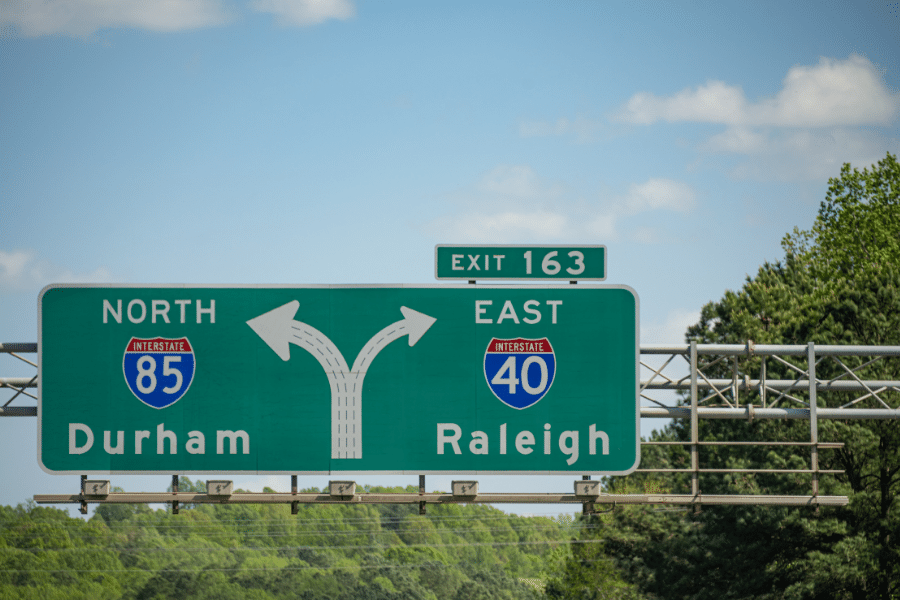
6. Groceries
Everyday expenses remain reasonable, with Durham having grocery prices that are 2% higher than the national average.
7. Taxes
Taxes are an essential topic of discussion when planning to move and understanding Durham's tax structure is crucial for budgeting.
Property Taxes
Durham County's property tax situation requires careful attention. The City/County combined current tax rate for 2024 - 2025 in the corporate limits of Durham City is $1.3949 per hundred dollars of assessed value. This translates to an effective rate that can impact your housing budget significantly.
Recent data suggests the Median Durham, NC effective property tax rate is 1.31%, significantly higher than the national median of 1.02%, making property taxes a meaningful consideration in your housing budget.
Sales Tax
Residents can expect a 7.5% sales tax rate in 2025, which combines state and local taxes. The North Carolina sales tax rate is currently 4.75%, with local additions bringing the total to 7.5%.
Income Tax
North Carolina residents pay state income tax, though the state has been working to reduce rates in recent years. This should be factored into your overall tax planning when considering a move to Durham.
.png)
8. Unique Durham Advantages
Educational Excellence
Durham's proximity to world-class educational institutions like Duke University creates a highly educated community and numerous cultural opportunities, often at reduced or free costs for residents.
Healthcare Access
With Duke Health System and other major medical facilities, Durham offers exceptional healthcare access, which can translate to career opportunities and peace of mind for families.
Research Triangle Proximity
Being part of the Research Triangle provides access to high-paying tech and research jobs while maintaining lower living costs than major metropolitan areas like San Francisco or Boston.
Rich Culture
Durham's transformation into a culinary and arts destination means you'll have access to award-winning restaurants, live music venues, and cultural events that rival much larger cities.
9. Considerations for Potential Residents
Great Value
Durham offers an excellent balance where investors can purchase properties relatively cheaply while still enjoying a strong return on investment.
Market Timing
With properties moving quickly in Durham's competitive market, potential buyers should be prepared to act decisively while still conducting thorough due diligence.
Great Neighborhoods
Durham's diverse neighborhoods offer varying price points and amenities. From the historic charm of Trinity Park to the modern developments near Research Triangle Park, there's something for every lifestyle and budget.
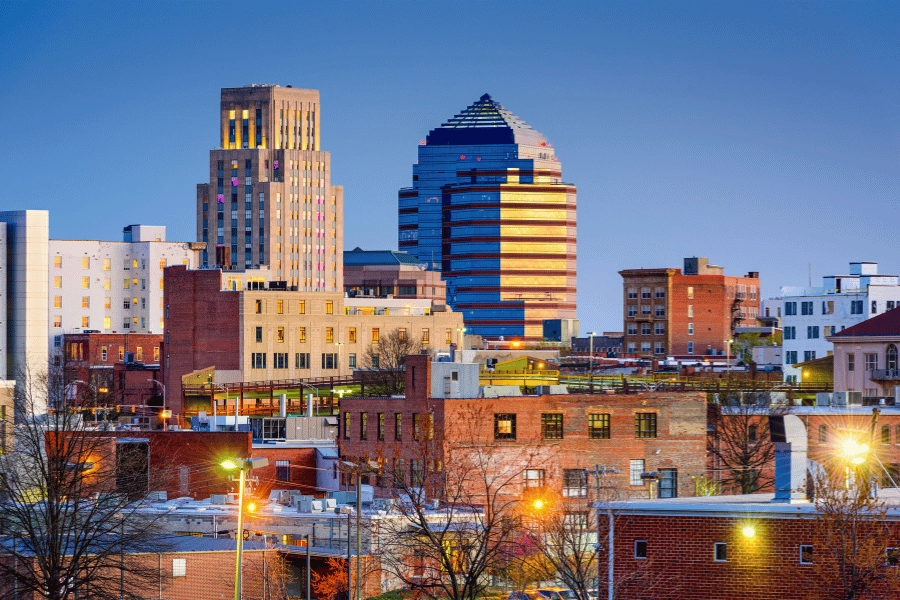
Methodology
To determine the cost of living in Durham, NC, data was sourced from PayScale, the U.S. Census Bureau, Duke Energy, Dominion Energy, and the City of Durham.
FAQs
Is it expensive to live in Durham, NC?
As the cost of living rises everywhere, the cost of living in Durham, NC, is still lower than the national average.
What is Durham, NC, known for?
The City of Durham is known as the "City of Medicine" as healthcare is a significant industry, with more than 300 medical and healthcare-related companies.
The Cost of Living in Durham, NC - Final Thoughts
Durham is a fantastic place to consider when planning your next move. With its proximity to Research Triangle Park, the job market is booming and continues to provide new opportunities daily.
Along with jobs, Durham offers a wide variety of bars and restaurants, luscious parks, gardens, and forests, a low cost of living, and a diverse culture.
Durham presents a compelling case for those seeking quality of life without the premium costs of larger metropolitan areas. The strong job market and educational opportunities also provide excellent long-term value for career growth and family development.
The combination of below-average overall living costs, above-average income potential, and exceptional amenities makes it an attractive destination for professionals, families, and retirees.
The key to success in Durham is understanding that while housing costs may be slightly above national averages, the savings in transportation, utilities, and access to free or low-cost cultural amenities often more than compensate.
Are you ready to explore Durham's real estate market? Contact the experts at Raleigh Realty today to connect with local experts who understand Durham's unique neighborhoods and can help you find the perfect home within your budget.
Our team's deep knowledge of the Triangle area ensures you'll make an informed decision about your next chapter in North Carolina.
